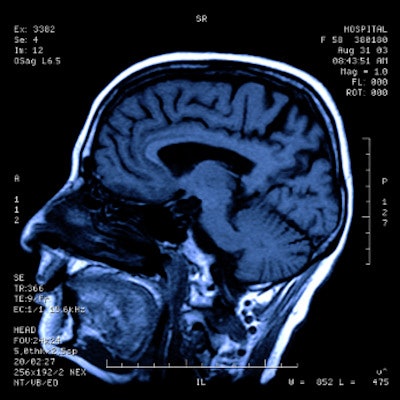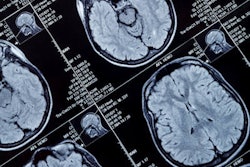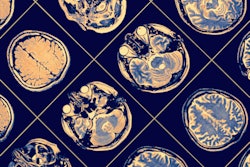
Investigators from the University of California, Davis have used functional MRI to show how the hippocampus organizes discrete memories into a single overarching narrative, according to a study published September 29 in Current Biology.
The study, conducted under the auspices of the university's Center for Neuroscience, is part of a "new era in memory research," according to a statement released by the university. Traditionally, neuroscience has been focused on basic memory processes, while psychology has focused on how memory "captures and connects events in the 'real world.' " But these fields are beginning to overlap, said study lead author Brendan Cohn-Sheehy, a doctoral student.
Humans remember events by creating stories about them and then organizing them into an encompassing account, Cohn-Sheehy noted. But the "chapters" of the narrative aren't always linear.
And although it's thought that the hippocampus is key to how the brain creates these narratives from discrete events, it's unclear exactly how it does this, Cohn-Sheehy and colleagues wrote. Using fMRI, the group explored this question, visualizing the hippocampus of study participants as they heard and then recalled short stories.
The stories included a set of recurring main and secondary characters and a series of events. Some were presented as two-part narratives, or included the characters experiencing unrelated events, which created a more demanding task for the hippocampus. Participants listened to the stories from inside the scanner on the first day, then were scanned again the following day and asked to recall the stories. The investigators compared fMRI results of activity in the hippocampus between the "learning" scan and the recalling scan.
The team found that the hippocampus was more active when integrating "distant events that formed one coherent narrative, compared with overlapping events taken from unrelated narratives," and that a day later, it "supported detailed recall of coherent narrative events."
"When you get to the second event, you're reaching back to the first event and embedding part of it in the new memory," Cohn-Sheehy said.
The results offer a fascinating look into how the brain amalgamates information, according to the authors.
"[Our] findings suggest that, rather than simply integrating memories of overlapping experiences, the hippocampus supports the construction of narratives that integrate distant events in memory," they concluded.





















